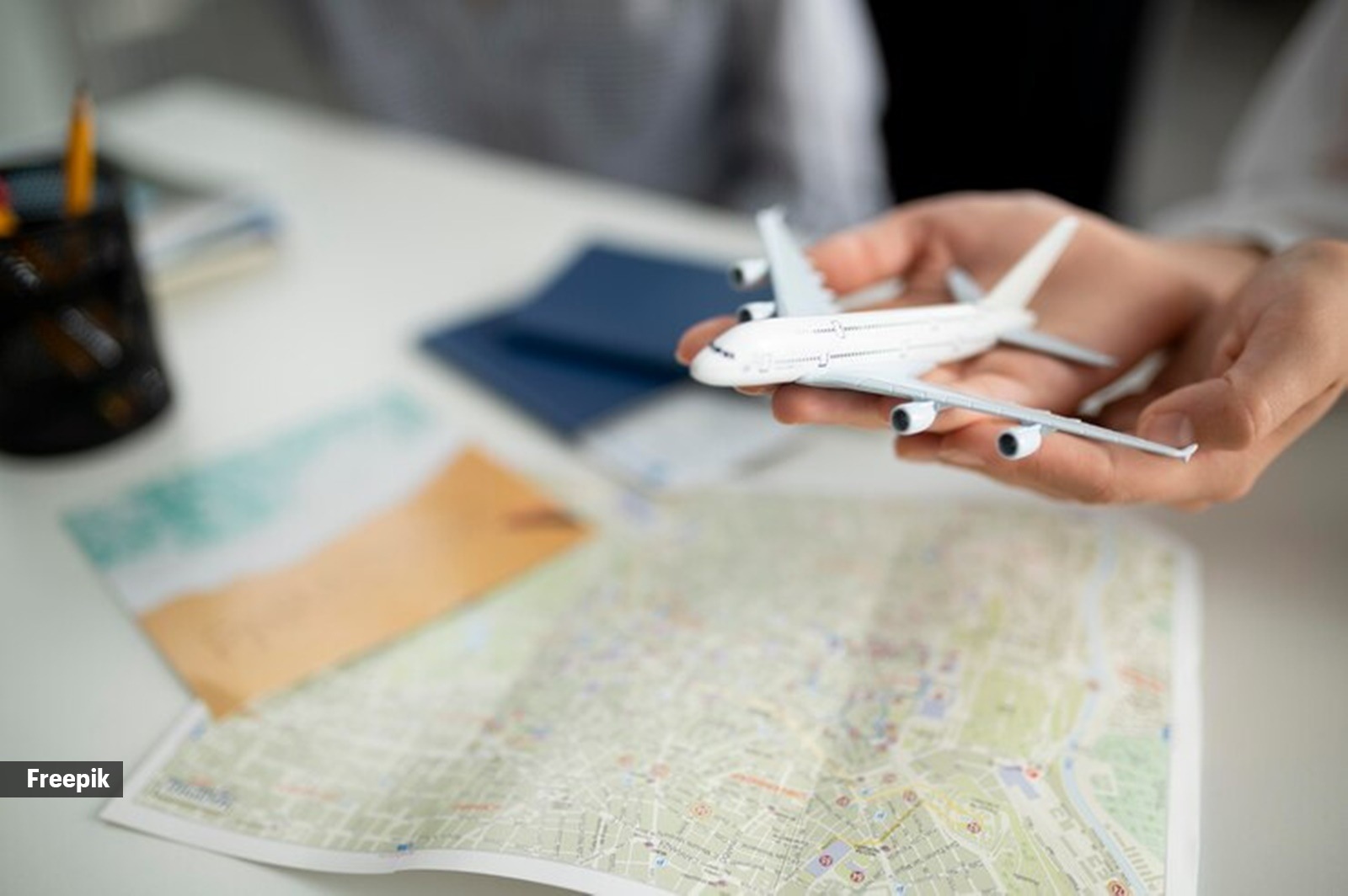📣 For more lifestyle news, click here to join our WhatsApp Channel and also follow us on Instagram
Can you carry supari on international flights? Here’s your guide to international customs
Dr Vandana Singh, director of global corporate key account management at Saudia Cargo, says, “Yes, there are specific restrictions.”
 Supari in International Flights: Supari, commonly chewed as a stimulant or included in traditional preparations, may fall under scrutiny due to its agricultural origin and potential classification as a restricted item. (Source: Freepik)
Supari in International Flights: Supari, commonly chewed as a stimulant or included in traditional preparations, may fall under scrutiny due to its agricultural origin and potential classification as a restricted item. (Source: Freepik)If you’re packing for a trip abroad, you might wonder whether everyday items like supari (areca nut) are allowed in your luggage. With international travel regulations constantly evolving, certain items that seem harmless can raise questions at customs, particularly when they involve cultural or regional significance.
Many people travel from India to the US, making it essential to understand what restrictions are in place. Supari, commonly chewed as a stimulant or included in traditional preparations, may fall under scrutiny due to its agricultural origin and potential classification as a restricted item. Understanding what’s permitted and what’s not can save you time and trouble at airport security and customs checks.
Specific restrictions on carrying supari or areca nuts, especially in the US
Dr Vandana Singh, director of global corporate key account management at Saudia Cargo, tells indianexpress.com, “Yes, there are specific restrictions. The US Customs and Border Protection (CBP) enforces strict regulations on food items, including areca nuts. While small quantities for personal use may be permitted, travellers must declare all food items upon entry. Failure to declare can result in significant fines, potentially reaching up to $10,000. Additionally, the US Food and Drug Administration (FDA) has issued import alerts that may lead to the automatic detention of betel nuts if detected by customs officials.”
In addition to customs regulations, Dr Singh informs that there are general restrictions regarding supari for air travel internationally. “Different airlines may have varying policies about carrying betel nuts. For instance, some airlines allow passengers to carry a limited quantity of betel nuts in their checked baggage, while others may prohibit it altogether. Travellers need to check with their airline beforehand to avoid any last-minute surprises or complications.”
 Consult airline policies as different airlines may have varying restrictions regarding carrying food items in carry-on or checked baggage. (Source: Freepik)
Consult airline policies as different airlines may have varying restrictions regarding carrying food items in carry-on or checked baggage. (Source: Freepik)
Potential reasons customs officials might confiscate supari
Customs officials may confiscate supari for several reasons, primarily health concerns. Areca nut has been linked to various health risks, including cancer, which prompts heightened scrutiny from authorities, states Dr Singh. “The FDA’s import alerts reflect these safety concerns. Furthermore, the US Department of Agriculture (USDA) prohibits the importation of raw or unprocessed betel nuts to prevent the introduction of pests and diseases into US agriculture. If travellers cannot provide adequate documentation regarding the origin and processing of the nut, customs may view it as a risk factor.”
Differences between carrying raw, processed, or packaged supari when travelling abroad
Dr Singh notes, “Yes, there are significant differences. Raw supari is generally prohibited due to agricultural import restrictions. Processed supari may be allowed if it is properly packaged and declared; however, it still faces scrutiny due to health concerns.”
In contrast, pre-packaged products from reputable manufacturers are more likely to be accepted but must still be declared at customs.
How can travellers ensure they comply with customs regulations when carrying food items like supari?
To ensure compliance, Dr Singh says that travellers should follow several guidelines: First, always declare all food items at customs, including small quantities intended for personal use. Familiarise yourself with both U.S. and international regulations regarding food importation; resources on permitted and prohibited items can be found on the CBP website.
“Proper packaging is essential; supari should be sealed in airtight containers or pouches to prevent spillage or contamination during transit. Additionally, consult airline policies as different airlines may have varying restrictions regarding carrying food items in carry-on or checked baggage. Keeping documentation handy is also important; if carrying processed products, retain receipts or documentation that verifies their origin and processing,” she says.
Airlines typically impose limits on how much betel nut can be carried per passenger, so it’s important to be aware of these quantity restrictions. At airport security checkpoints across the world, any betel nut must be declared to the Transportation Security Administration (TSA) officer. “Failure to declare this item may result in delays or potential confiscation. Once declared, it will undergo a screening process similar to other items,” says Dr Singh.
📣 For more lifestyle news, click here to join our WhatsApp Channel and also follow us on Instagram
Photos





- 01
- 02
- 03
- 04
- 05





















